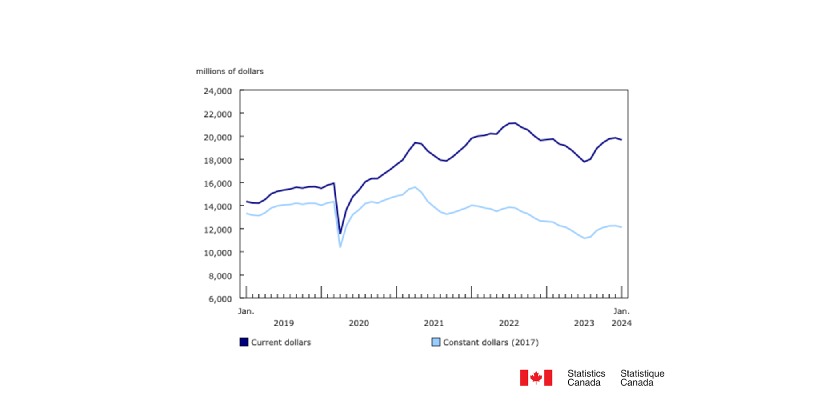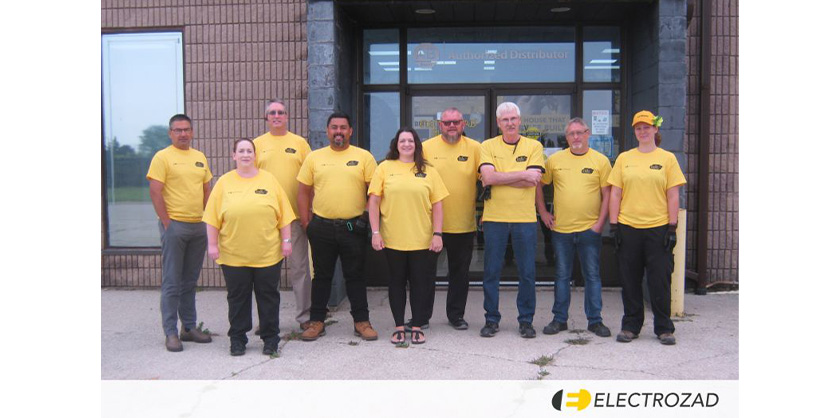The End of the ICE

February 13, 2017
Last month, I wrote about Tony Seba’s book, Clean Disruption. This month, I will share more details about important concepts raised by Seba, as they relate to our industry.
One of the things that Seba looks at is the electric vehicle (EV) market. He predicts that it will soon take over from the internal combustion engine (ICE). According to him, here are five reasons why this shift will happen:
- Motor. The electric vehicle is five times more energy efficient than the ICE. 90% of the power from a battery gets used in the engine. Only 30% of the oil in a combustion engine is used.
- Energy. Fuels costs are already cheaper. In California you can fully charge an EV for about $5.00.
- Maintenance. Vastly cheaper to maintain. Tesla has an unlimited warranty on their engines.
- Wireless charging stations can be set up keeping buses fully charged throughout their route or cars charging in their garage — all wirelessly.
- Performance. With the price of batteries falling by as much as 16% a year, you will be able to buy an electric vehicle that outperforms a Porsche for the price of a Volkswagen.
Right now reasons 1 to 4 are in play. Each one of these offers five-to-ten times improvements over the ICE. The fifth point is the final key and it is tied to the price of batteries. It is estimated that Elon Musk’s battery factory in Nevada will bring down the price of batteries by 30%. According to Seba, by 2020, a $22,000 EV will have the performance of a $100,000 ICE.
This will result in a massive change over to EVs, with the result that by 2030 there will be no ICE vehicles on the road by 2030.
Of course, one of the key elements for this changeover is the infrastructure. That is an important opportunity for our industry. At a recent presentation, the President of Toronto Hydro said it would cost $5 billion to get Toronto ready for electric vehicles. This seems like a huge impediment to progress, but somehow 100 years ago we were able to go from horse and buggies to combustion engines.
If the advantage is with EV, it makes sense for EV owners to pay for the infrastructure costs; there is no need for incentives, just preparation, and this preparation can be planned for a positive return (investment). Maybe it should be private industry that builds parking/fueling garages, not the public.
However it plays out, our industry has a huge role to play. We are quickly moving to a vast opportunity for our industry to build the infrastructure to ensure Canada moves forward into the 21st century.
Rick McCarten is VP, Operations, Electro-Federation Canada.










